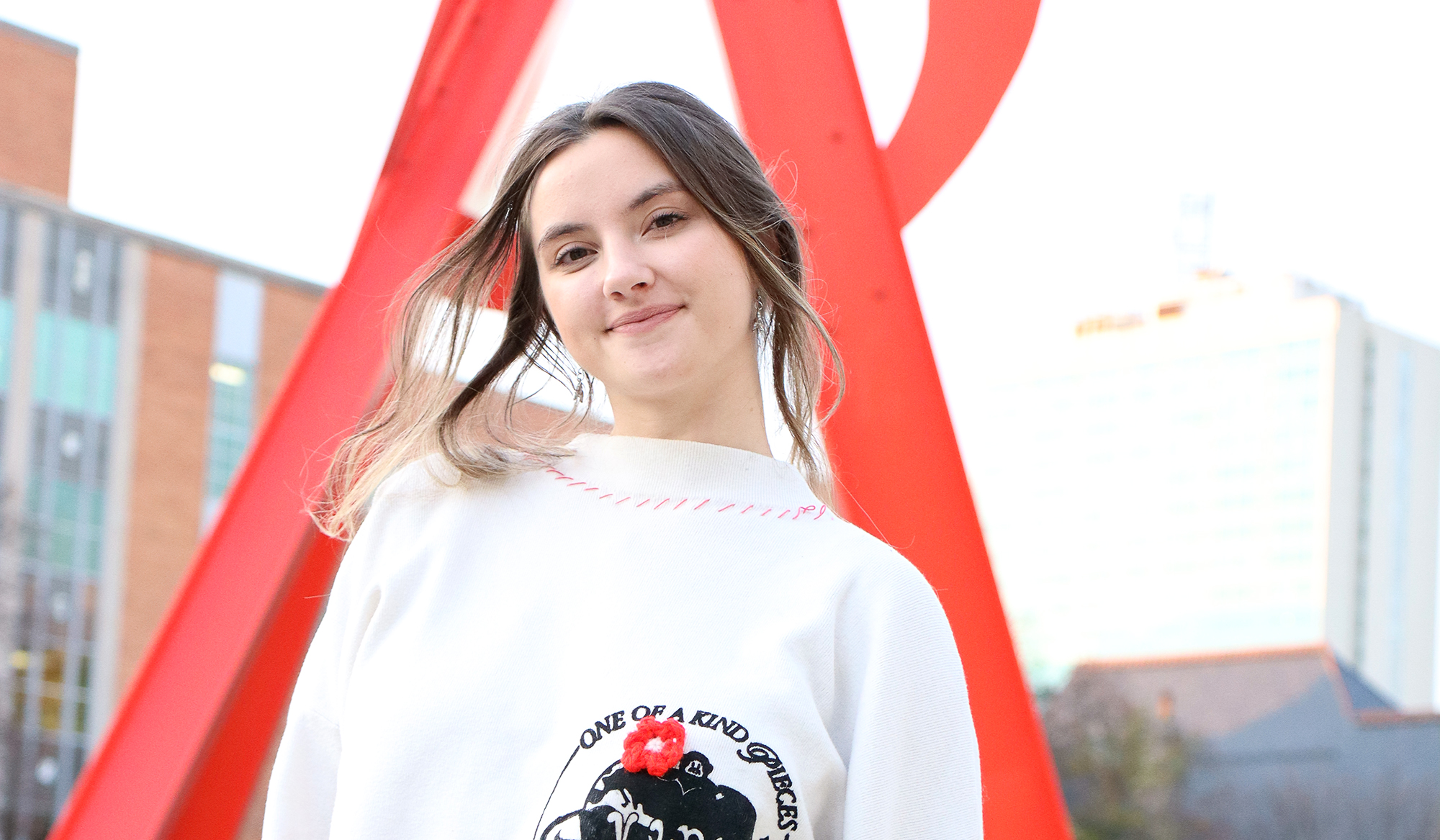Keloids and psoriasis are two conditions with similar attributes that are affecting millions of Americans’ quality of life and wellness. But the difference in how they’re studied and treated is a clear example of the racial health disparities in the American health care system. Keloids are a non-cancerous overgrowth of scar tissue following skin injuries. But beyond the physical symptoms like itching, pain, infections, and sometimes loss of function, the emotional and psychological toll is immeasurable. These scars, often found on visible areas of the body like the face, neck, and chest, can severely impact one’s self-esteem.
Many patients feel the need to hide their scars, pulling away from or avoiding social interactions out of shame or fear of judgment and to avoid the barrage of questions and stares. This condition disproportionately affects individuals with darker skin, with an incidence seven times more common in Black patients than white patients. Current therapies have unacceptably high recurrence rates, leaving the hundreds of millions of patients with the disease or risk of developing it to suffer emotionally and physically.
Despite its vast implications on well-being and the billions of dollars spent on health care, keloid disease remains shockingly under-researched, with no FDA-approved treatments available — shining a light on a significant racial health disparity.
Contrast this with psoriasis, a condition with similar symptoms that also affects quality of life and wellness but affects white people twice as often as Black people. Worldwide, there are an estimated 125 million individuals affected with psoriasis compared to nearly 500 million with keloid disease. Nevertheless, psoriasis has received substantial research support, leading to several FDA-approved therapies. Additionally, because keloid disease has mostly been considered a “cosmetic” scaring condition, it is often not covered by insurance, forcing patients to pay for treatment out of pocket.
The disparity in attention and resources underscores the health inequities we face and why a call to action is needed. Education and awareness, research and development, keloid-specific treatments, health care community engagement, and advocacy are needed to improve the lives of those affected by keloid disease worldwide. The larger health inequity conversation that keloid disease illuminates is the importance of diversity in health care delivery from bench to bedside.
My time at U-M deeply instilled in me a dedication to make a difference through discovery. The revolutionary research, service, and care I witnessed inspired me to work continuously for the betterment of society.
Recognized in the otolaryngology community and internationally as a surgeon-scientist, I’ve been fortunate to secure more than $1 million in National Institutes of Health and foundational funding, driving a team dedicated to finding effective therapies for keloid disease. Our research focusing on biomarker and novel target discovery has advanced the understanding of keloid disease, getting us closer to a world free of it. I often look back and credit the unparalleled training and mentorship I received at U-M as the cornerstone of my endeavors.
My research also explores the potential link between keloids and cancer risk and poor outcomes in African Americans. I believe using keloids as a model to better understand tumorigenesis will improve our understanding of cancer disparities, striving continuously for a more equitable healthcare landscape.
Together, let’s champion wellness and equity. Let’s be agents of positive change, reflecting the true Michigan spirit.
For more information or to get involved: [email protected] | keloidacademy.org
Lamont Jones, MD’02, MDRES’07, specializes in otolaryngology and is the associate chief medical officer of the Henry Ford Medical Group at Henry Ford Health.





